Nutrition Tips for Health and Rehab
Welcome back to the Total Performance Newsletter! If you are a new subscriber and did not receive previous editions, check out the "Newsletter" tab on my website (www.totalperformance-pt.com) and they are all posted there. This month, we will continue to take a look at some specific movement and injury-related issues that commonly arise and how to deal with them.
Before we dive into today's topic, I wanted to give a quick social media plug. Follow us on Instagram (@total_performance_pt) and Facebook (@Total Peformance Physical Therapy). I have been more active in those places and will be making regular posts on ways to further help you move better, feel better, and perform better!
Getting back to today's newsletter, we will discuss the role that nutrition plays in injury rehab and go over 5 essential tips that will be helpful for general health, performance, and recovery.
We have all heard the old saying that goes, "You are what you eat." This could not be more true when talking about rehabbing from an injury. When our body experiences a trauma such as a break, tear, sprain, strain, or even a cut, it literally needs new materials to heal the damaged tissue. The only way our body can produce the materials to do this is from the food we put into our body. The better food we put in, the better materials our body can make, the better the healing process goes.
Even in situations in which we have pain without actual tissue damage, our body still needs proper fuel. Whether it is your home exercise program or during a session, anytime you are moving your body in an effort to recover from an injury, your body is going to consider that a workout. How do we recover from workouts? Proper nutrition in order to provide our body with the materials in needs to remodel and build new tissue.
With that being said, let's dive into 5 essential tips that can be applied to just about any case. Yes, more individual changes may be necessary for each person, but these 5 tips serve as the foundation for any specific changes that need to be made.
3 Meals/day
It may sound cliche, but I am a big proponent of 3 square meals per day. There are two main reasons. First, it ensures you are getting a consistent flow of fuel throughout the day. Our bodies work best when they receive consistent, steady, and healthy inputs. It's an added stress to go through waves of feeling hungry and have energy levels crashing and then stuffing ourselves and feeling overly full and lethargic. Second, and related to the first, is that it helps reduce cravings and helps you to make better food-related decisions. We all know what happens if you go grocery shopping on an empty stomach-it is too easy to grab things that catch your eye but are not the best heath-related choices. If you know you ate a full, nutritious breakfast and aren't going into lunch starving, it will be much easier to pick a healthy lunch instead of reaching for chips and cookies. The examples are endless, but stick with consistent meals and watch your decision making become infinitely easier.
Protein-Centered Meals
It is basically impossible to overeat protein. We've all had the experience of finishing a giant bag of chips or shoveling 3 bowls of pasta into our mouths (maybe the pasta is just me being from New Jersey???). But, have you ever had that with steak or grilled chicken? Probably not, no matter how good you are on the grill. When you eat protein, your body knows when it's had enough, and it tells you by signaling that satisfied but not overly full feeling. Why is that? Think of protein as your building blocks, while carbs and fat are your energy sources. The primal part of our brain still thinks it has to store all of the energy it possibly can, so it allows you to continue to eat carbs/fat well beyond the "I'm full" sensation. In today's world with food readily available, doing so is completely unecessary, so it takes some conscious thought to not give in to that part of the brain. However, the building block requirements of our bodies has not really changed, so the signaling for protein is far more easy to regulate without conscious thought. The actionable item here is to make each of your meals protein-centered, and then fill in the gaps with veggies and healthy carbs and fats. The protein serves two major benefits-it will regulate your hunger signaling to prevent you from overeating, and it will ensure you're getting the building blocks you need for building and remodeling tissue.
Don't Drink Your Calories
This one is pretty simple. Drink water. If you're fueling yourself with food, there is no need for extra calories from drinks. Soda and sugary drinks provide no nutritional value. You can decide how often you want to indulge, but if we are staying objective, there are no drinks on the market that are superior to the nutritional value of food. Healthy smoothies do not count here-they will be discussed below in the "Snacks and Supplements" section.
Whole, Real Foods
"If it doesn't walk the land, swim in the sea, or grow on a tree, don't eat it." This summarizes this one. Whole, real foods in their natural form are going to be the most nutritious and bio-available forms of food. Anything that has been messed with or altered or had chemicals added to it is going to take away from its nutritional value and impede our body's ability to properly utilize the nutrients. If you are recovering from an injury and need to provide fuel and building blocks to your body, you're going to want to do so in the most efficient and abundant way possible. Eat the real stuff.
Snacks and Supplements
Snacks and supplements are meant to supplement your diet and bridge the gap between meals. They are not meant to replace meals. Fruits, veggies, nuts, and protein are going to be your primary choices here. Fruits, veggies, and nuts are going to provide your carbs and fats if you need a clean boost in energy. If you are eating this stuff in its natural form, you're not going to over eat it, so don't worry about extra calories from these sources. The only exception here is with nuts, which can be high in fat-the best thing to do there is take a handful or two and walk away from the bag-if you eat from the bag, it will be half gone before you know it. Great protein snacks include things like beef jerky (the plain flavors are best-ingredients should be the protein source and some seasoning-nothing else), yogurt (if you can tolerate dairy),and protein (preferably whey) and fruit smoothies. If you need something to help you get to the next meal, keep these things around and it will prevent you from reaching for chips and candy while providing you with consistent and useful fuel throughout the day.
One more important note before we wrap up. Nutritional changes are difficult to make-it can involve some pretty radical lifestyle changes. The best way to make these positive changes sustainable and avoid being overwhelmed is to do one thing at a time. Pick one of these habits listed above and solely focus on making that one change for 2-3 weeks, or however long it takes for it to become a natural part of your life. When you're ready, pick the next change and roll with that until it is solidified. In no time, you'll have all of these habits, and any others that you choose to follow, engrained into your everyday life. If you need help or some specific guidance, do not hesitate to reach out!
Stay tuned for next month’s newsletter, where will we continue to look into some common issues that arise and practical solutions to deal with them! Also, if you have any topics that you want to see covered in a future newsletter, please let me know!

